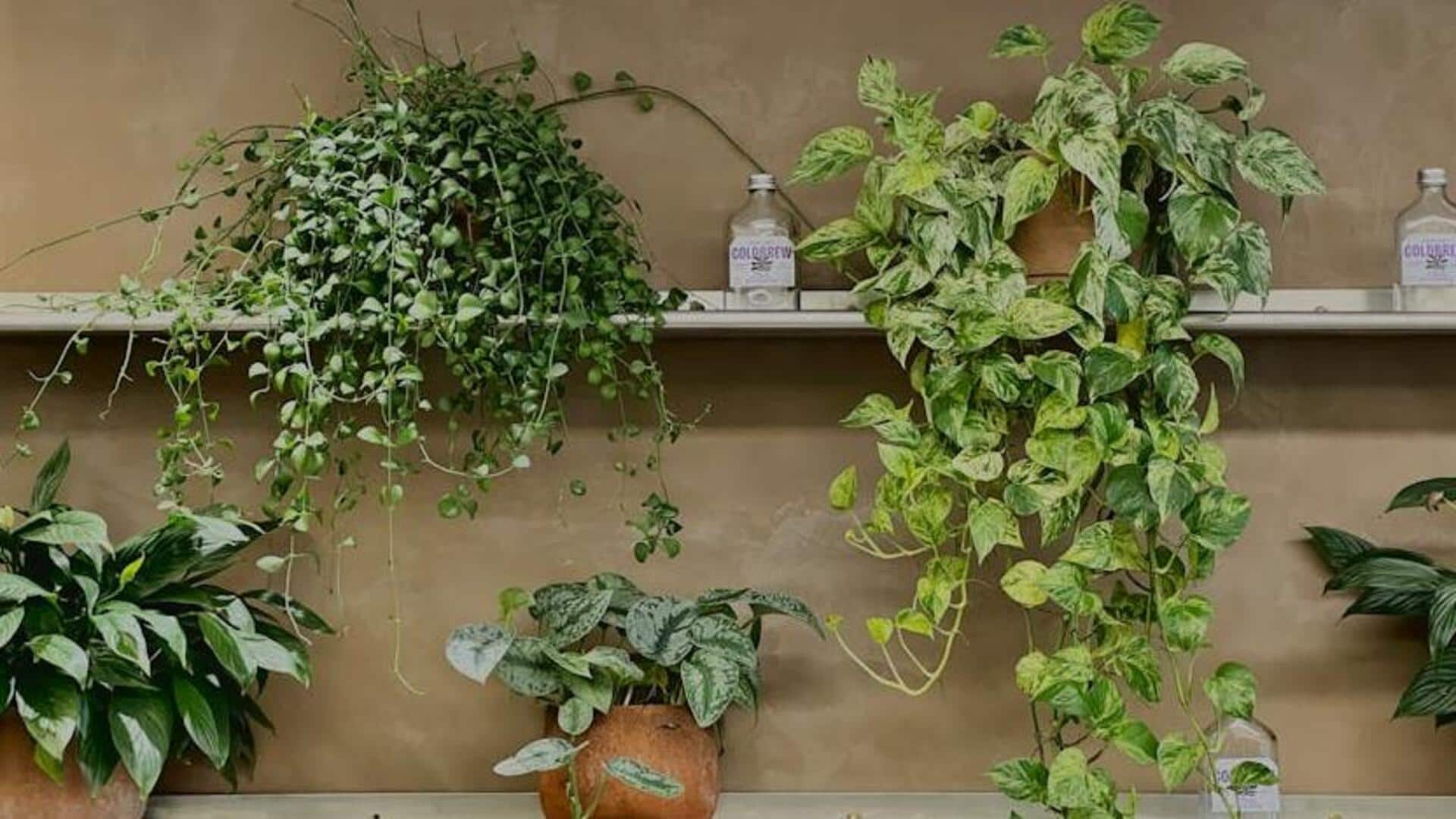
Cultivating eco-friendliness with plant care workshops for kids
What's the story
Teaching kids about environmental conservation through hands-on plant care workshops is a fun and effective way to nurture eco-friendly habits. These workshops go beyond basic plant care, fostering a sense of stewardship for nature. By getting their hands dirty, kids gain a deeper understanding of sustainability, the importance of plants to our ecosystem, and their role in creating a greener future.
Basics
Starting with seed planting
Seed planting is a perfect introduction for kids to learn about the life cycle of plants. It's a fun, hands-on way to show how great things can grow from small beginnings. Kids develop patience as they wait for seeds to sprout, and experience the thrill of seeing the first signs of life push through the soil. This activity is inexpensive and only needs seeds, soil, and pots or recycled containers.
Water wise
Understanding water conservation
Educating children about water conservation in plant care is crucial for fostering eco-friendly habits. By modeling efficient watering—using only what's necessary without waste—children learn to value this precious resource. Teach them about rainwater harvesting and the significance of not over-watering, they should know that "too much water is just as harmful as not enough."
Breathe easy
The role of plants in air purification
Plants are nature's air purifiers. They absorb pollutants and release fresh, clean oxygen. In workshops, kids discover the power of plants, like the spider plant and snake plant, which are particularly good at purifying the air. This inspires them to keep plants in their homes and classrooms, fostering cleaner air, a deeper appreciation for nature, and an understanding of how we can reduce our environmental impact.
Cycle continues
Recycling and composting with plant care
Including teachings on recycling organic waste through composting in plant care workshops imparts knowledge about sustainable practices to children. They learn how kitchen scraps and yard waste transform into nutrient-rich compost that aids plant growth. This cycle of reuse minimizes waste and demonstrates to kids firsthand the interconnectedness of our actions with nature's cycles.
Grow together
Encouraging community green spaces
Getting kids involved in community green spaces helps them see the bigger picture. Working in a community garden or starting planting projects in neighborhoods encourages teamwork and shows the positive effects of collective efforts on local environments. It inspires them to see themselves as active contributors to more sustainable communities, highlighting the important role they play.